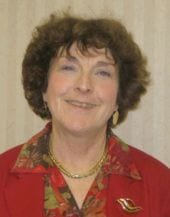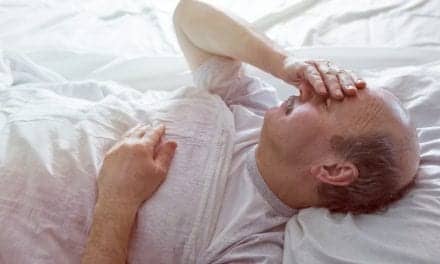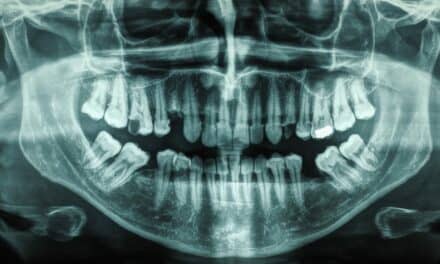Jazz Pharmaceuticals plc announced that eight abstracts supporting the company’s sleep portfolio will be presented at the 30th Associated Professional Sleep Societies (APSS) Annual SLEEP Meeting taking place from June 11-15 in Denver. Abstracts include new data on its investigational compound JZP-110, data that further characterize Xyrem (sodium oxybate) in the treatment of cataplexy in narcolepsy and for the treatment of excessive daytime sleepiness (EDS) in narcolepsy, and data from the first narcolepsy patient registry.
“The data accepted for presentation at APSS underscore Jazz Pharmaceuticals’ ongoing commitment to improving the lives of people living with sleep-related disorders with high unmet needs, such as narcolepsy and obstructive sleep apnea (OSA),” says Karen Smith, MD, PhD, global head of research and development and chief medical officer at Jazz Pharmaceuticals plc, in a release. “We look forward to presenting the new Human Abuse Liability (HAL) data for JZP-110 as well as new data from a post-hoc analysis from the Phase 2 studies of JZP-110 on its effect on wakefulness. Our ongoing scientific evaluation of JZP-110 will help us better characterize and understand this molecule in our development efforts to bring JZP-110 to the market.”
The JZP-110 HAL data are also being presented at the College on Problems of Drug Dependence meeting in Palm Springs, Calif, on June 13, 2016. HAL studies are clinical studies that assess the relative abuse potential of a medicine.
The new post-hoc analysis from the Phase 2a and 2b studies of JZP-110 evaluates changes from baseline in mean sleep latency on the Maintenance of Wakefulness Test (MWT) and includes the first 20 minutes of the 40-minute MWT primary endpoint from the studies. The MWT is an objective measure of improvement in sleep latency, or ability to stay awake, which is typically required by the U.S. Food and Drug Administration (FDA) for drugs that treat excessive sleepiness.
The Jazz-sponsored Nexus Narcolepsy Registry, launched in June 2015, is the first narcolepsy-specific, web-based registry of patient-reported data. Data being presented from the registry will include results from the 546 participants registered as of February 2016, and will focus on quality of life, productivity and daily functioning, as well as patients’ diagnosis experience.





I hope this medication will be approved very quickly. The only drug that enables me to function is Ritalin and it has been losing its effectiveness. Xyrem is a problem because I fell twice while taking it.(Falling asleep while standing caused both falls) I get bad side effects from Provigil and Nuvigil-migraines and irritation. I have requested amphetamine Rx but my MD wants to see how I do with the sleep apnea mask. It is a logical approach, but it takes more time – another sleep study and follow-up visit. I had to cancel one sleep study because the sleep center could not deal with my other medical problems. I was asked to volunteer for a narcolepsy research third phase study of a medication. I would have been happy to participate, but I just was unable to make the appointments because of my condition. Please, everyone,